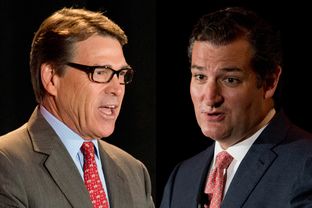The United States Constitution does not contain the words “separation of church and state,” nor does it require the general government to purge all religious influence from public institutions. To the contrary of modern conceptions, the document does not require that elected officials abstain from making decisions based on religious proclivities, nor does it call for government to intervene to prevent religious influence in government.
It does, however, affirm the natural right of free religious association and prevents the general government from “respecting the establishment of religion.” Additionally, the Constitution prohibited religious oaths of affirmation, a classic form of governmental religious discrimination, from being imposed upon civil officials. Evident from the ratification struggle, this baseline was meant to encourage religious practices, especially by those held by religious minorities. Since genuine effort was taken to hinder the government from religious interference and persecution, those of all theistic persuasions would be able to worship freely, whether they served in government or not.
More @ The Abbeville Institute









